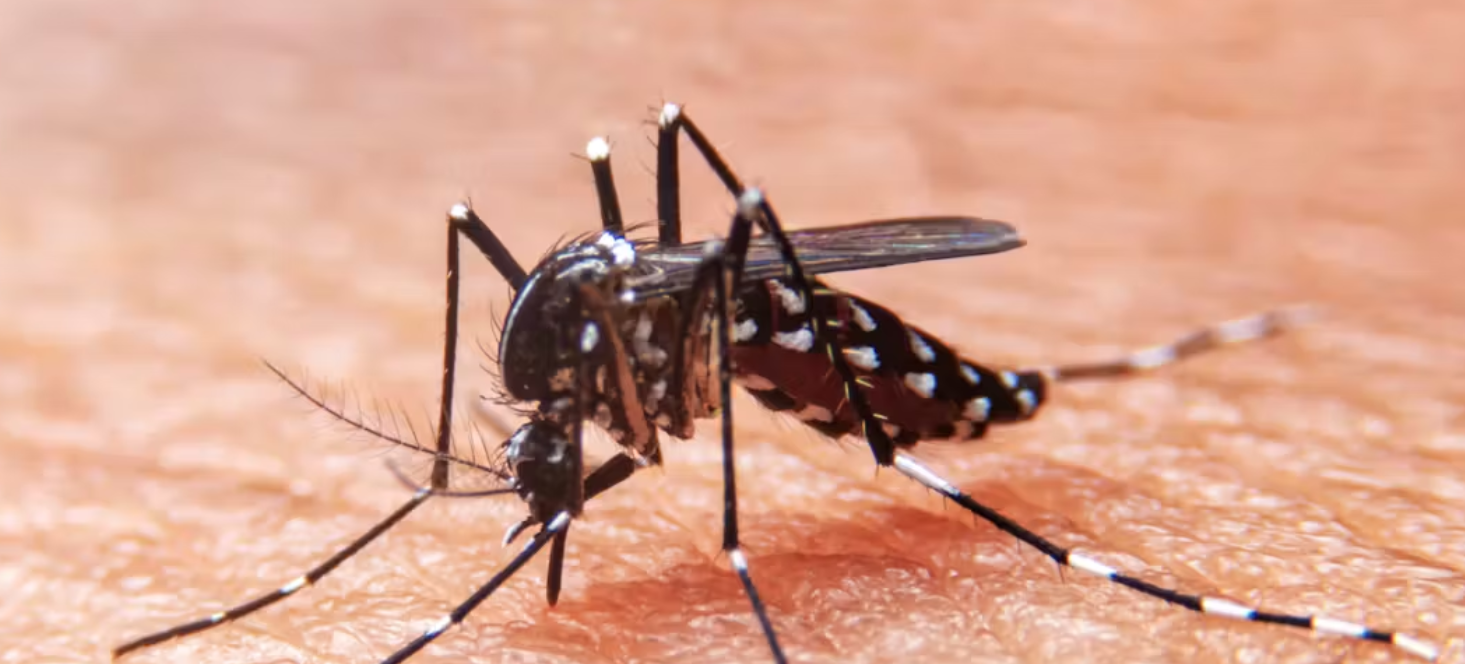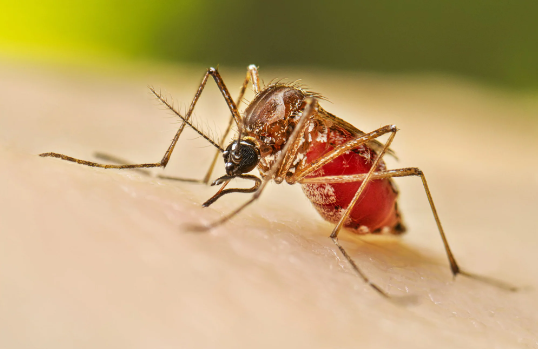While dengue is commonly associated with mild flu-like symptoms, experts highlight that this mosquito-borne viral illness can have significant neurological implications that are often overlooked.
As monsoon rains sweep across India, dengue cases have surged in various states, including Karnataka, Kerala, Telangana, Andhra Pradesh, Odisha, Delhi, and Maharashtra. According to the latest data from the Municipal Corporation of Delhi (MCD), there have been 246 dengue cases in the national capital by June 30 this year. This is a notable increase compared to the same period in previous years: 122 cases in 2023, 143 cases in 2022, 36 cases in 2021, and 20 cases in 2020.

“While primarily known for causing flu-like symptoms, dengue has profound neurological implications that are often overlooked,” said Dr. Praveen Gupta, Principal Director & Chief of Neurology at Fortis Hospital Gurugram, in an interview with news agency IANS.
Dr. Gupta explained that neurological manifestations of dengue, though less common, include encephalitis, meningitis, and myelitis. These conditions occur when the virus crosses the blood-brain barrier, leading to inflammation and infection of the brain and spinal cord.
Patients with severe dengue may experience headaches, altered mental status, seizures, and even coma. The neurotropic nature of the virus allows it to directly infect neural cells, causing damage and inflammation. Additionally, the immune response triggered by the infection can exacerbate these neurological issues, making management complex.
Dengue is a vector-borne disease transmitted by the bite of an infected Aedes mosquito. It is endemic to more than 100 countries and affects about 400 million people globally every year.
As dengue cases continue to rise, it’s crucial to recognize and address its potential to cause severe neurological damage, ensuring timely diagnosis and effective management.




